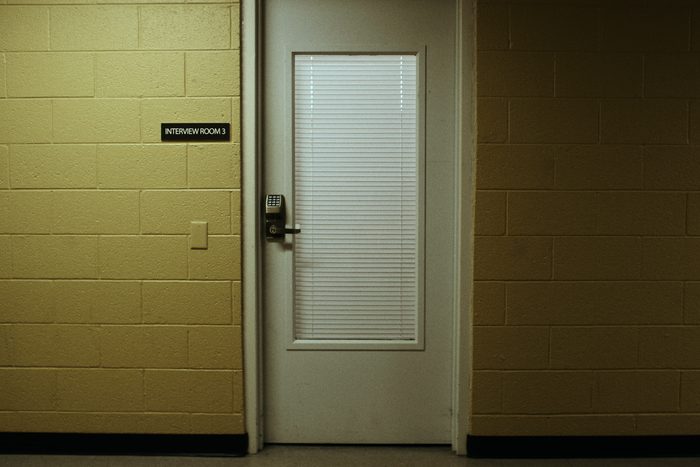Save this article to read it later.
Find this story in your accountsSaved for Latersection.
Over the past several months, a small crop of true-crime docuseries making similar arguments has appeared.

All ask the same questions: What if police are not the best narrators of crime?
What if its all widespread institutional bias?
Crime and true-crime stories that center police perspectives tend to follow a few immensely familiar repeating arcs.
Investigators begin working a case, identifying leads and carefully considering evidence.
Why are the details of the kidnapping (swim goggles, wetsuits) so strange?
Surely Quinn is faking his involvement in Denises disappearance.
But Quinn refuses to budge during interrogation.
Then comes the first turn.
Huskinss captor eventually releases her and she returns home without intervention from law enforcement.
I can go one step further to say this, he continues.
Mr. Quinn and Ms. Huskins have plundered valuable resources away from our community.
At no point do police consider thattheyare the ones largely inspired by the recent movie.
Only then doesAmerican Nightmareadd a third POV from Huskins herself, whose story entirely matches Quinns version of events.
The complete confidence of those police press conferences cannot just be an error, the series implies.
Then, just asAmerican Nightmarein episode two, alternative explanations begin to emerge.
What if the husband in Boston was lying, but the police never considered that?
What if police are overlooking related patterns of violence in Sydney?
What if theLast Callmurders were the work of a serial killer?
What if Denise Huskins was telling the truth all along?
None of the officers involved in Aaron and Denises case were disciplined, one reads.
Lead detective Mat Mustard was awarded officer for the year for 2015.
This move toward emphasizing broader social context becomes its own form of indictment.
Collectively, they suggest that police narratives should always be met with skepticism.
And they offer an intriguing future for true-crime TV.
Theyre familiar with the onscreen timeline, with the establishing-shot drone footage.
Correction: A previous version of this story incorrectly stated how the Last Call killer was caught.